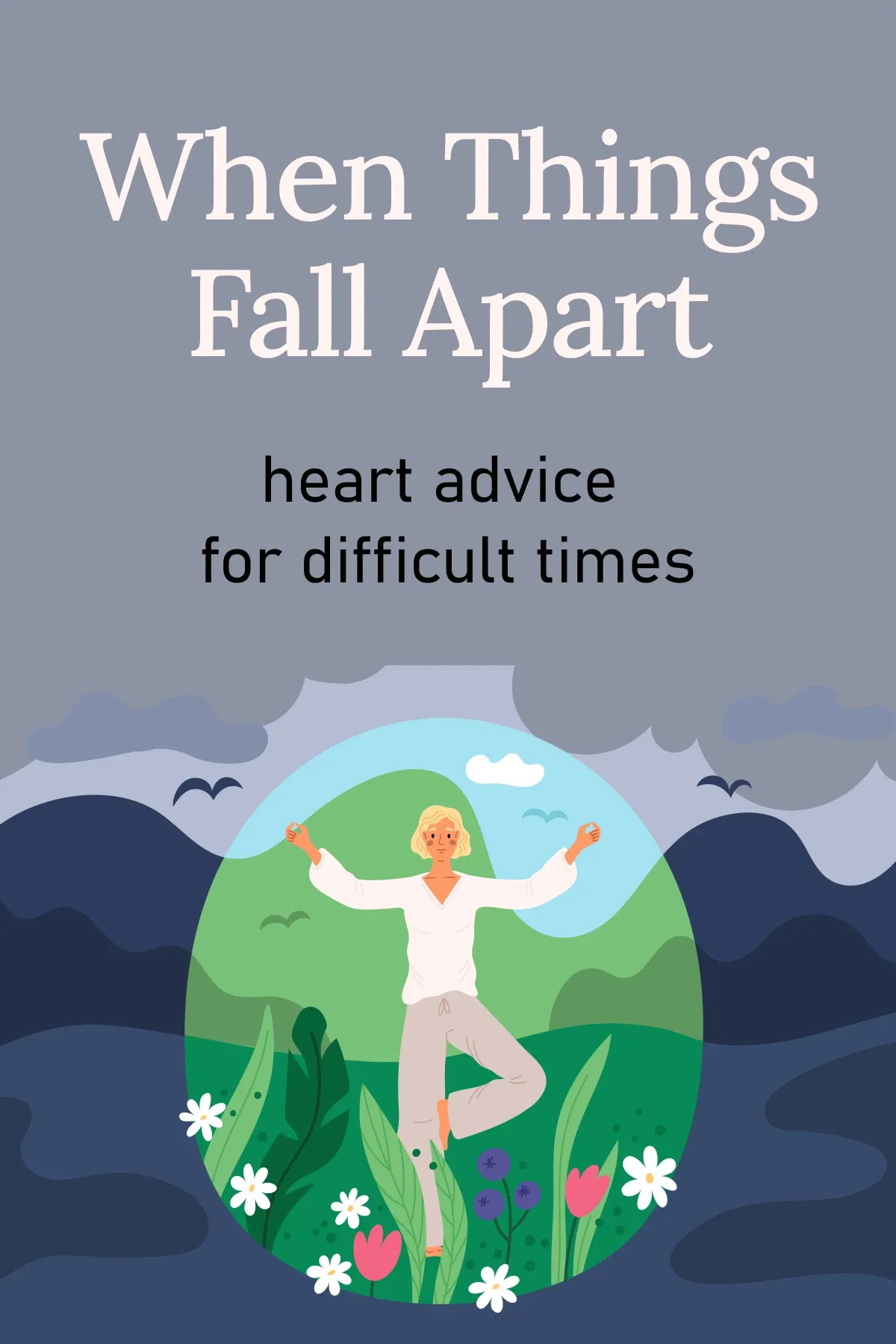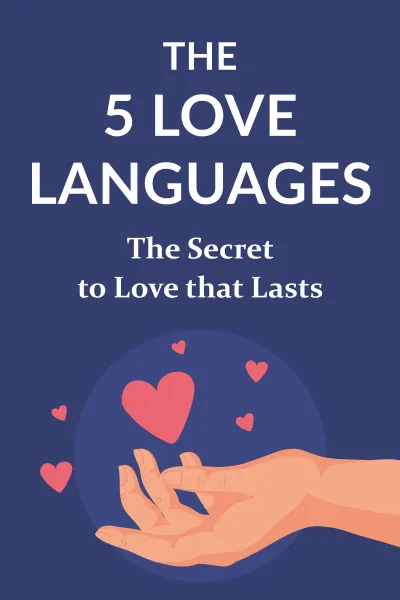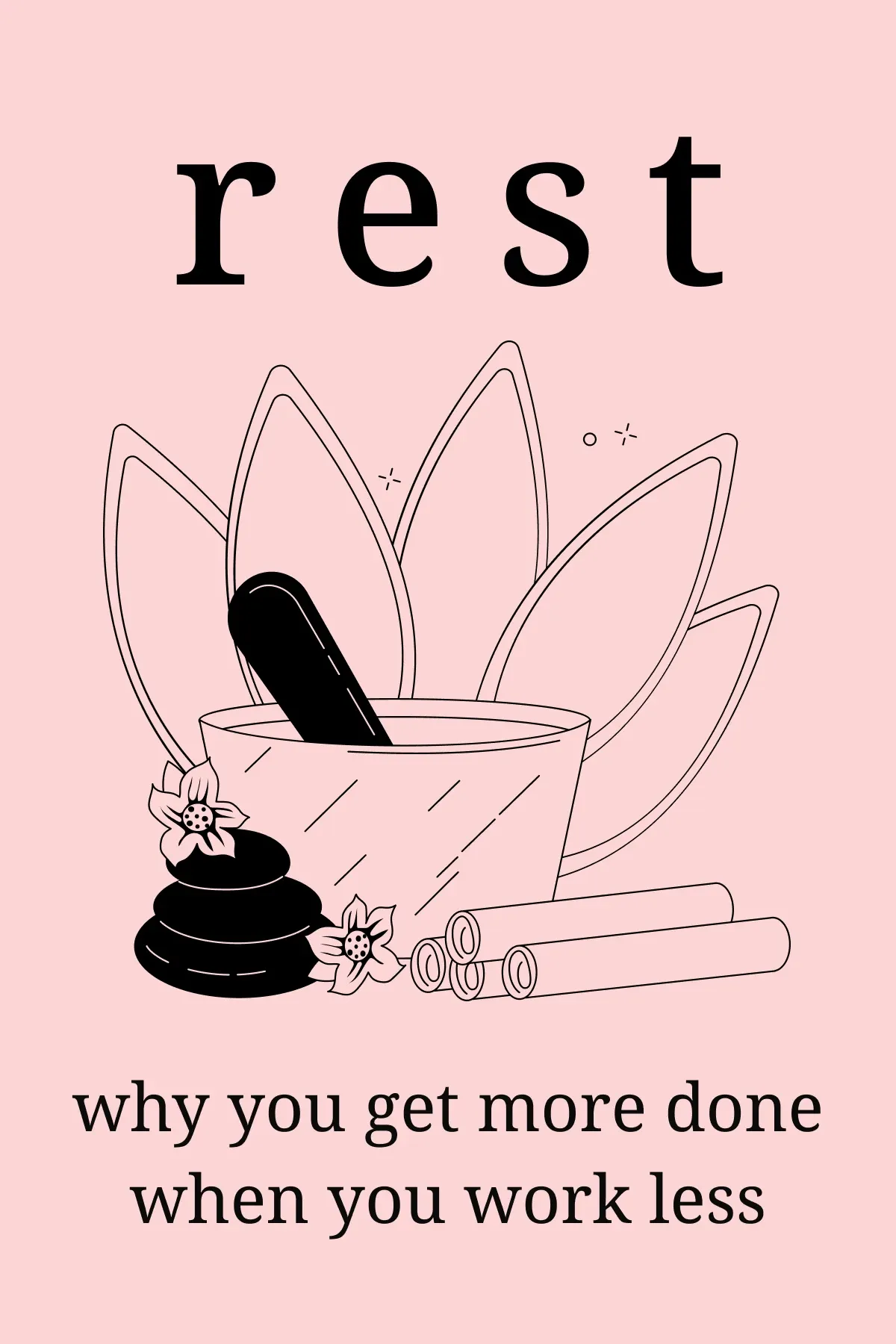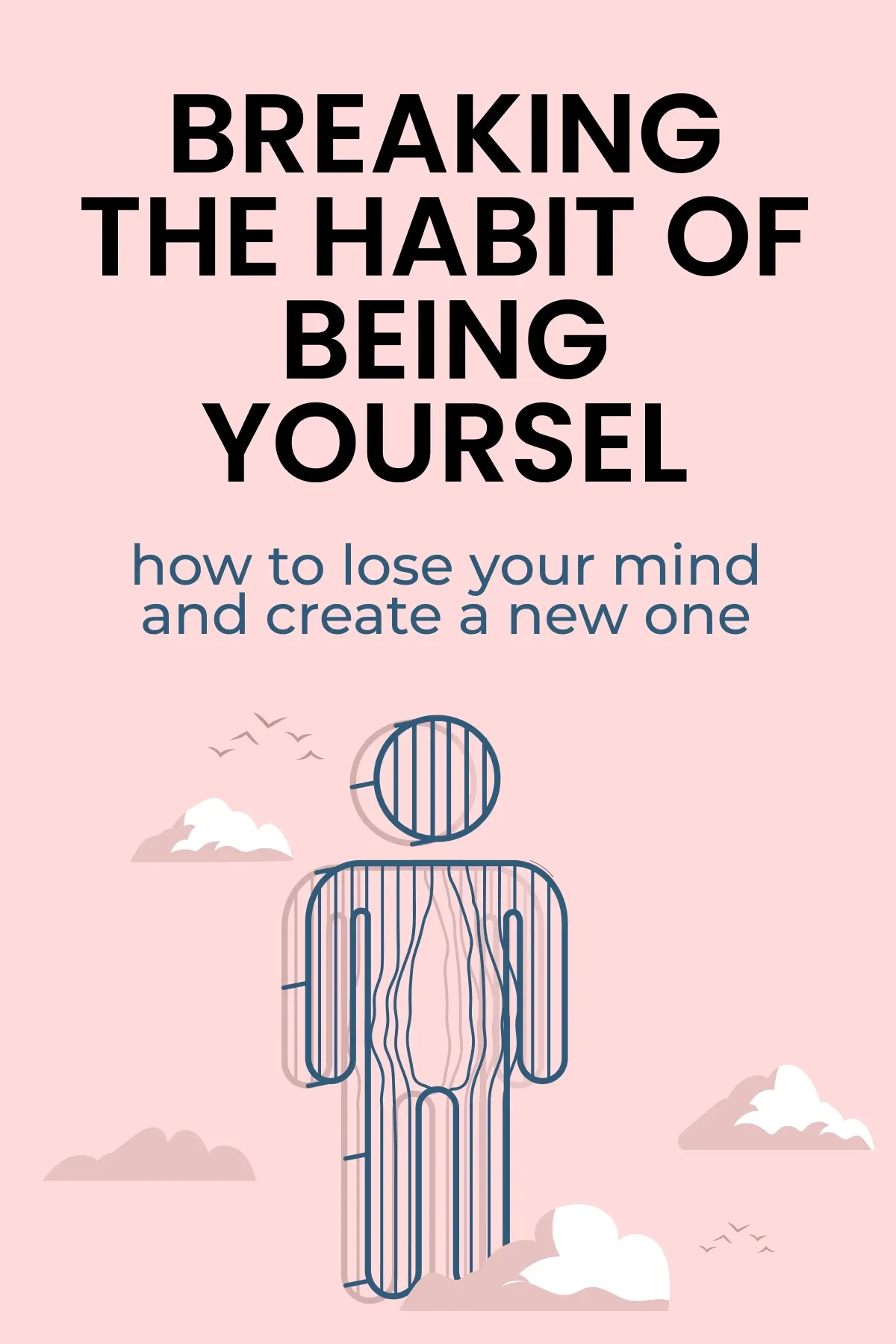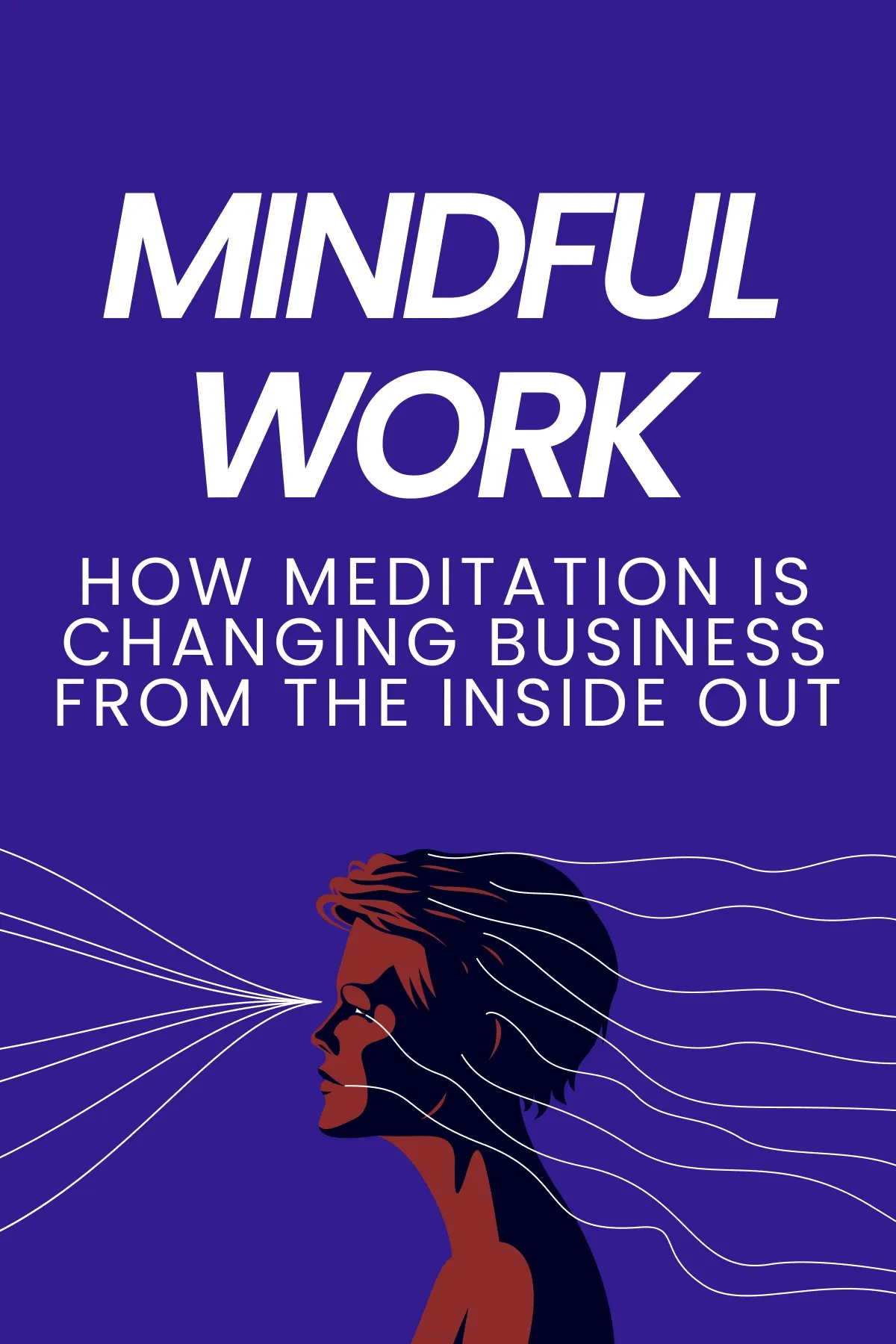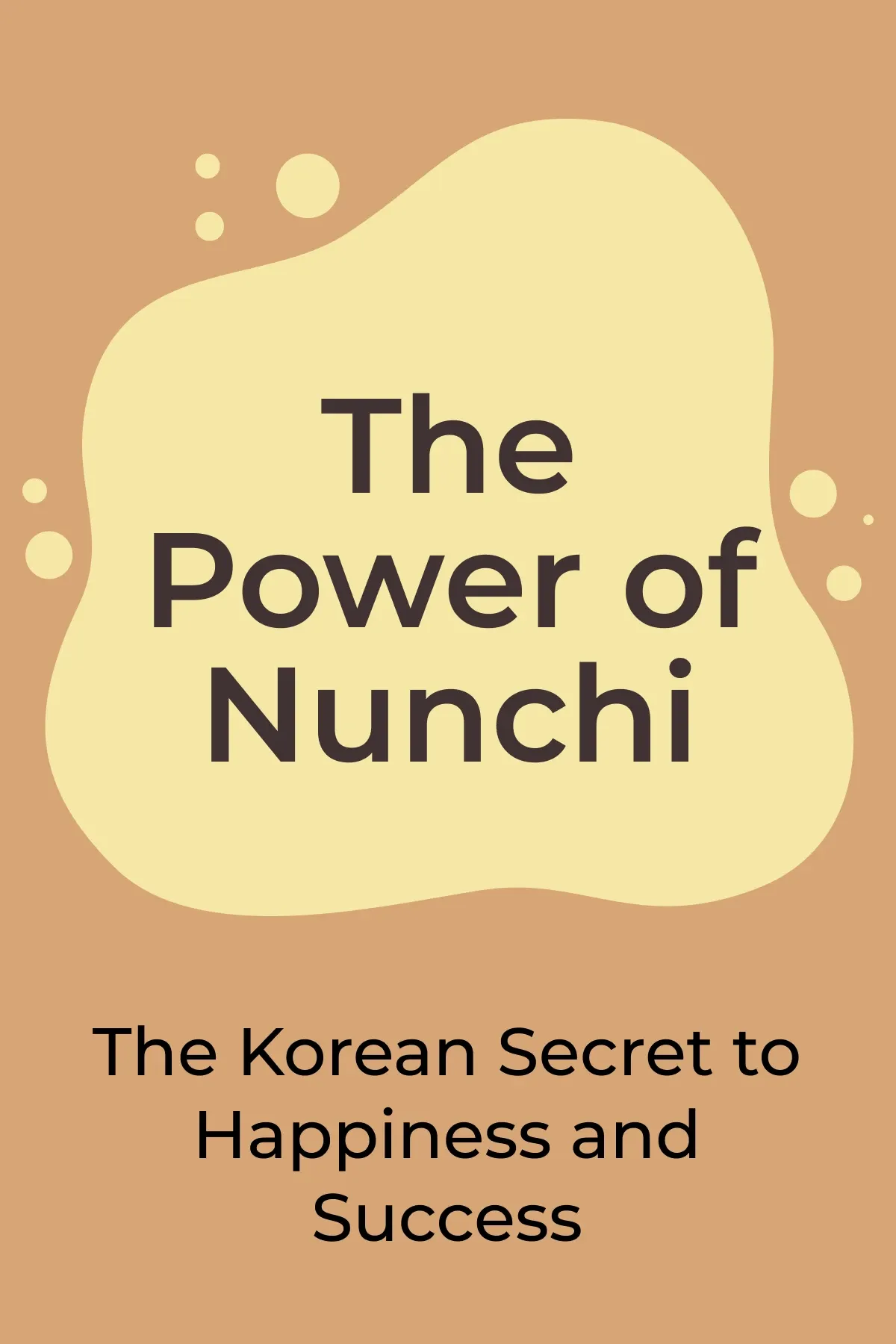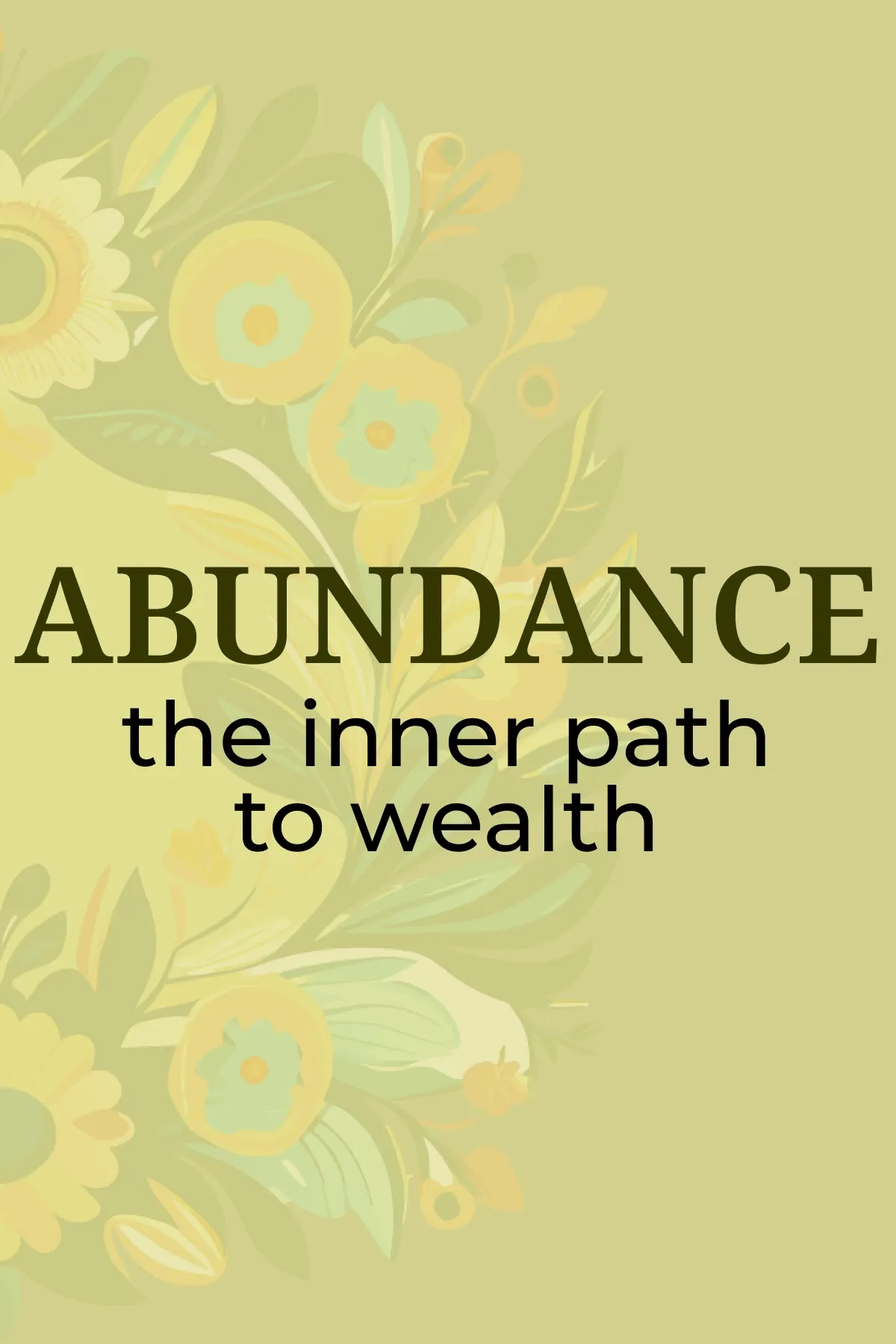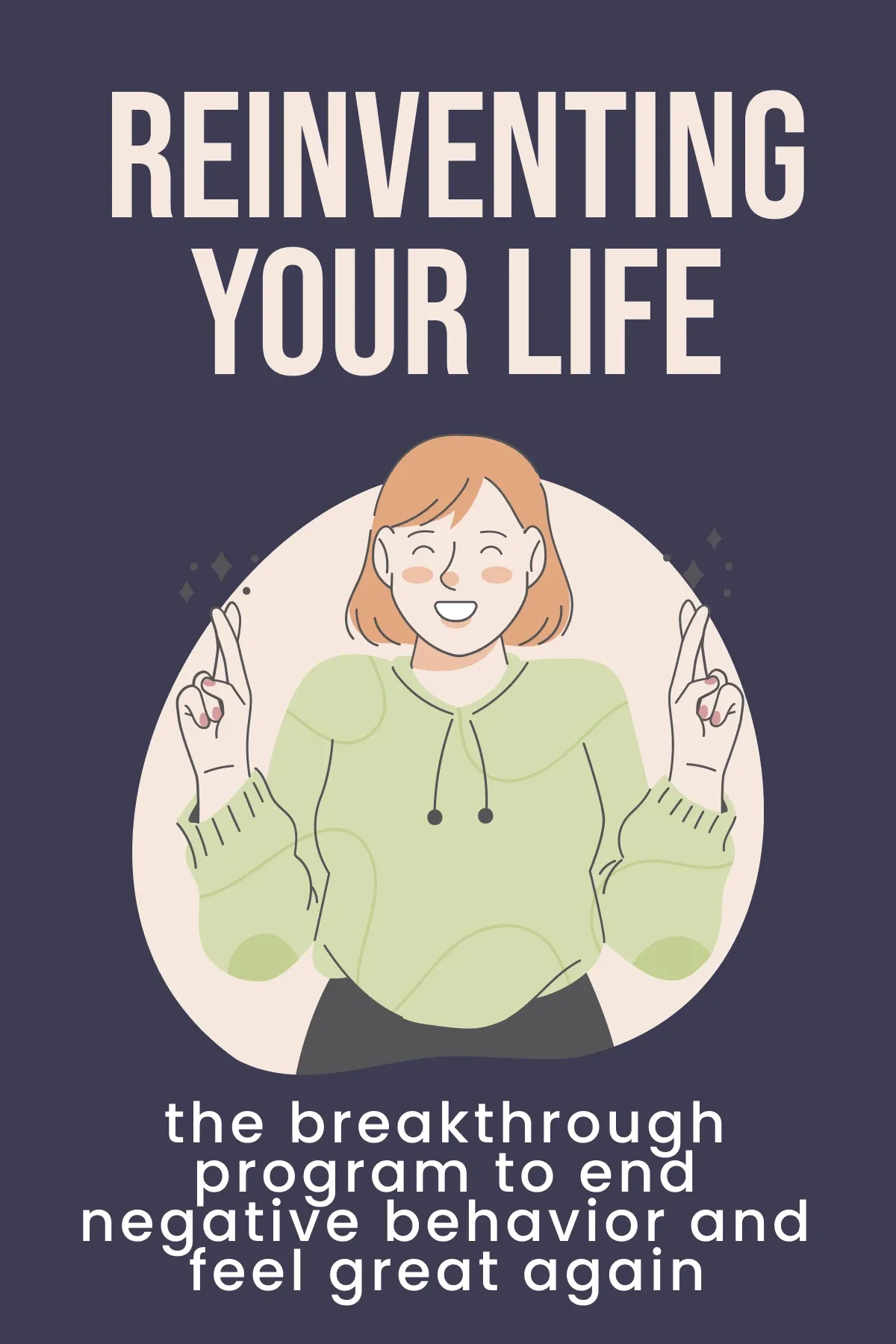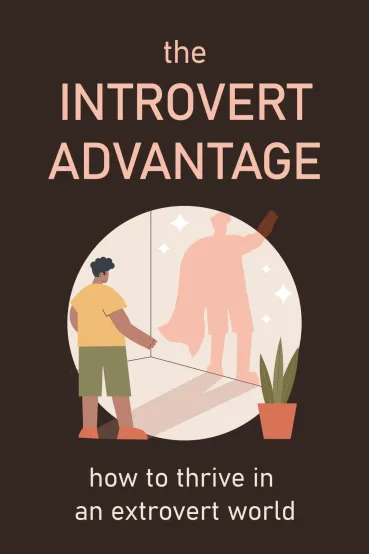
The Introvert Advantage
Brief Summary
Marti Olsen Laney, a psychologist and an expert on introversion, explores this type of personality in detail. “The Introvert Advantage” is especially valuable if you have misconceptions about being an introvert or feel like it’s holding you back. You’ll learn more about this type of personality, which will be helpful both for yourself and the introverts you interact with.
Key points
Key idea 1 of 10
In modern society, the terms “extrovert” and “introvert” have become widespread. Leading psychologists study these topics profoundly, people take various personality tests, and researchers continue to make more discoveries in this regard. However, despite this topic’s popularity, many people still misunderstand the concepts of extraversion and introversion, often confusing them with other personality traits. Let's figure out what these concepts mean.
Both introversion and extraversion are types of temperament that every person has. The main difference between them lies in such things as energy creation and reaction to external activity. The first factor is that many people think that introverts, unlike extroverts, don't like people, but this isn't true. Introverts don't get as much energy from spending time in the company of others as extroverts do. The main source of energy for introverts is time alone and internal reflection.
Extroverts and introverts can be compared to different types of batteries. Extroverts are like solar batteries. They always need the “sun” in the form of communication with others and the activity of the outside world to energize them. Meanwhile, introverts are like batteries that store energy in themselves and are charged by a generator. Communication with others also brings pleasure to introverts, but from the excessive activity of the outside world, they may feel an urgent need for time alone.
This is not a negative thing, and introverted personalities also have their advantages. Studies show that introverts usually have deeper personalities, are able to analyze information perfectly, and develop creativity better. But how do you know what type of person you are? Imagine that you are offered two lists of character traits and have to choose the one that best suits your personality.
The first list includes the following qualities: a desire for diversity, enjoying large groups of people, ease of conversation even with strangers, energy from activity, and a habit of acting before thinking. The second list consists of the opposite qualities: valuing time spent alone or only with close people, calling only close people friends, a habit of observing rather than being the center of attention, and a tendency to think before doing something. Choose what is closer to you: if it is the first list, you are likely an extrovert, and if it is the second, you are an introvert.
FAQ
You may also like these summaries


